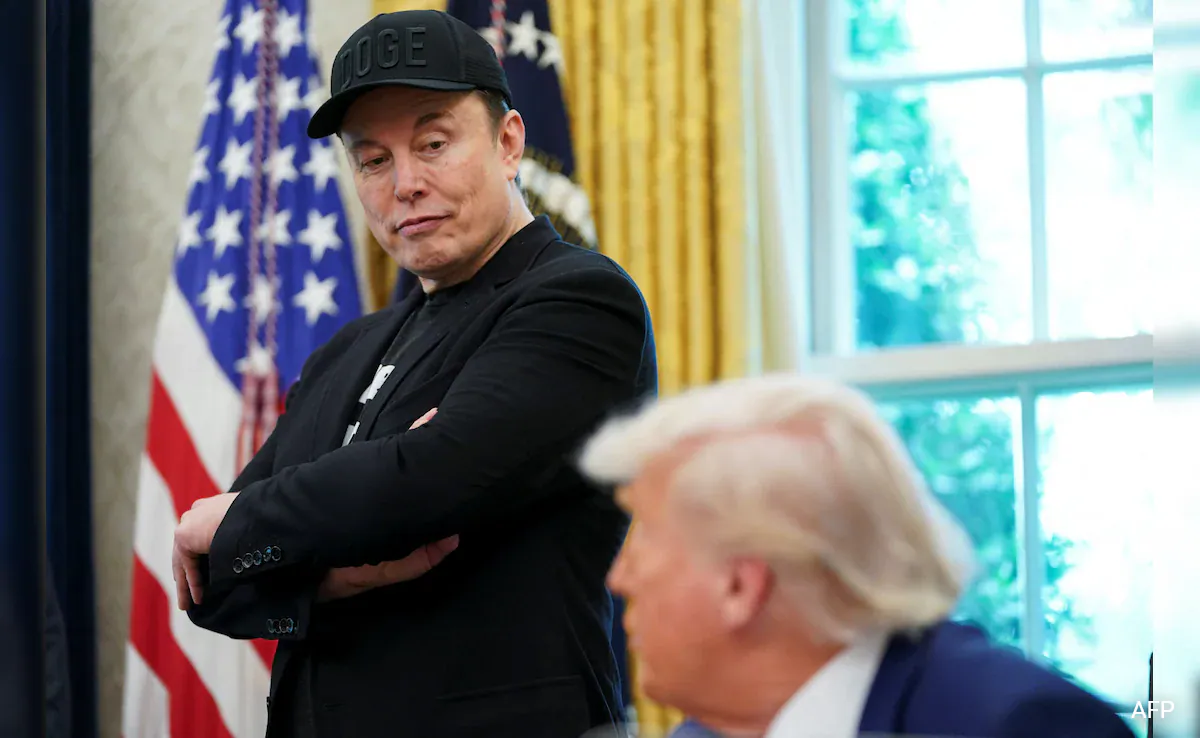Barrick Mining is pursuing up to $3.5 billion in funding from the United States and other international lenders to help develop the massive Reko Diq copper and gold mine in Pakistan’s Balochistan province. This move follows the collapse of a potential financing deal with Saudi Arabia.
Mark Bristow, Barrick’s chief executive, told the Financial Times that the company is working on a “G7-country financing package” for the $9 billion project. Potential partners include the World Bank’s International Finance Corporation (IFC), the US Export-Import Bank, the US International Development Finance Corporation, the Asian Development Bank, and lenders from Germany, Canada, and Japan.
“There is a lot of interest to support Pakistan,” Bristow said, adding that the Reko Diq project has “focused a spotlight” on the region. His remarks came as Barrick reported a 33% year-on-year rise in second-quarter net earnings to $811 million, boosted by record-high gold prices.
The first phase of the Reko Diq mine, expected to start production in 2028, is estimated to cost $6.6 billion. Barrick owns 50% of the project, while Pakistan’s federal and provincial governments share the other half. Both parties are expected to invest between $1.5 billion and $1.8 billion each, with the remainder—around $3 billion to $3.5 billion—sourced from international lenders.
READ MORE: Mirpur Police to Launch Phased Safe City Project for Enhanced Public Security
“It’s a perfect situation where Pakistan is investing alongside us, 50-50,” Bristow said. “We bring the skills and we’re the operators, and then we’re gearing it with international limited recourse financing.”
The financing push follows unsuccessful talks with Saudi Arabia’s Manara Minerals—part of the kingdom’s state mining strategy—to acquire up to 20% of the project. Bristow clarified to Reuters that Barrick is not brokering any deal between Saudi Arabia and Pakistan, despite earlier discussions involving the Saudi Public Investment Fund (PIF).
Reko Diq’s development comes amid growing global competition for critical minerals essential to renewable energy and defense industries. The mine is expected to produce large quantities of copper concentrate, a key material for these sectors.
Bristow noted that any US funding for the project would likely ensure American access to its copper output. However, he highlighted a challenge: the US currently lacks enough smelting capacity to process the concentrate domestically, with most facilities already at full capacity. This reliance on imports—often from China—underscores the need for new US smelters.
Securing access to critical minerals has become a strategic priority for the US and its allies. The Reko Diq mine, given its size and resources, could play a key role in this policy shift.
In related comments on the gold market, Bristow said the World Gold Council is awaiting clarity on possible US tariffs on gold bars. He downplayed the impact on miners, noting they are “price takers” and unlikely to be significantly affected.
For Pakistan, the Reko Diq project offers a major opportunity to attract foreign investment and develop its mineral wealth—potentially reshaping the country’s role in the global minerals market.




